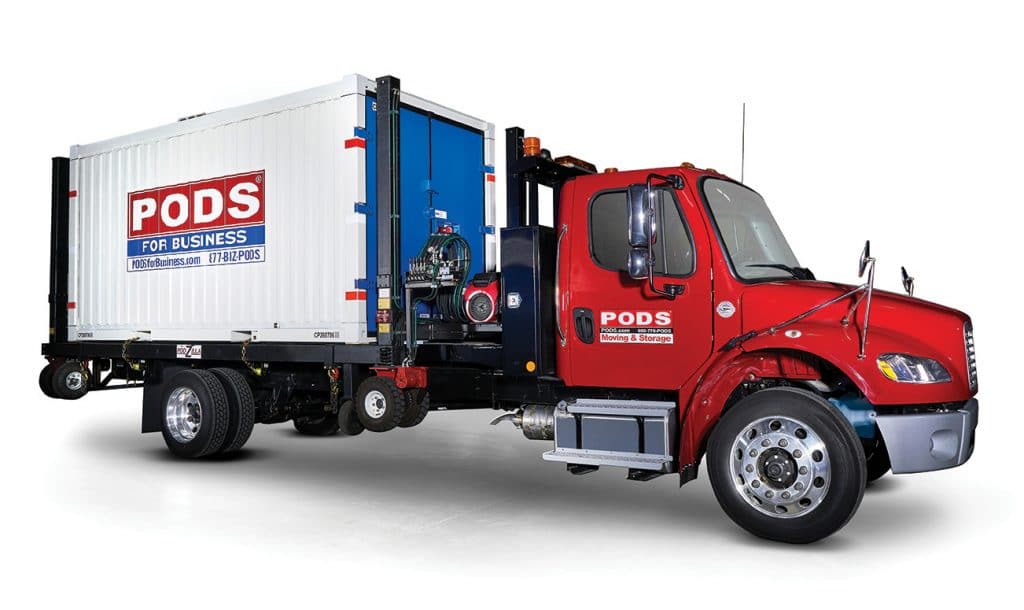
Millenials Prefer City Living and Subway Commuting. What Does This Mean for Business?
Rebecca Renner, 28, chose Florida city-living over the suburbs because she doesn't want to be dependent on her car. She prefers walking or taking public transportation over driving.
“It's much nicer to walk and get some exercise rather than wasting 30 to 60 minutes twice a day in the car," Renner says. "That's a lot of time I am not willing to sacrifice. I plan to live in only walkable towns or cities for the foreseeable future."
Renner is not alone among her millennial peers in her preference to live in urban areas. A 2018 study in the Journal of Regional Studies found that millennials, ages 23 to 38 in 2019, are happiest in cities and prefer to live downtown. What's more, they're not too sold on the idea of car ownership or driving either. The AAA Foundation for Traffic Safety reported that between 2007 and 2011, the number of cars purchased by people in the 18-34 demographic fell almost 30 percent, and millennials are less eager to get driver's licenses than earlier generations.

These factors present a dilemma for companies situated in the suburbs. With Boomers retiring, how do enterprises recruit millennial talent if younger workers live in the cities and won't drive? It turns out that the challenges — and solutions — are complex and likely to morph over time.
Should they stay or should they go?
The shift is on for large companies to move from the suburbs to downtown. The most high-profile example was when General Electric decided to relocate its headquarters from the suburbs in Fairfield, Connecticut, to the Seaport district tech hub in downtown Boston. Tax breaks sweetened the deal, but the company cited proximity to talent as one of the primary motivators for the move.
The effect is tangible. The U.S. Census Bureau reports that the number of metro jobs located within three miles of downtowns increased by 7 percent between 1996 and 2013. Experts say that the segmentation of corporations has helped house various functions in different locations. Tech-heavy branches, for example, can move to cities where the tech talent is, while the rest remain anchored in the home base. PODS storage can help companies with such moves, delivering mobile containers with the flexibility to accommodate extended schedules.

While large companies such as GE might be able to afford Boston's sky-high commercial rental rates, not all businesses can. This is where companies like Convene and WeWork, which off coworking and office space, come in.
“Not every company can build and manage the premium amenities and services offered by major tech companies like Google and Facebook on their own," says Jenna Wollemann, director of corporate communications at Convene, which designs and services workspaces in cities across the United States.
Companies like Convene, Wollemann says, are allowing large businesses to set up shop in areas where talent is located and managing the servicing of such locations. Case in point: A company with headquarters located in Connecticut recently outsourced space to Convene in Lower Manhattan to provide a satellite office for their innovation team, with the goal of providing a more central location and better amenities to the younger technology talent they are looking to hire.
Deals on wheels
Not all companies find moving or setting up a satellite office in the city to be a valuable business proposition. Such moves are especially challenging if extensive labs or specialized equipment are a part of such endeavors.
Some companies have addressed this challenge by busing millennials from the city to their offices in the suburbs. Companies like Boston Scientific, located in Marlborough, Massachusetts, a good 25 miles away from the city, lease private buses to shuttle millennials back and forth and from all indications, NPR's Marketplace reports. Employees are happy not to drive and still live in the city at the end of the day.
Jeff Butler, a consultant who helps businesses understand and retain millennial talent, says companies are exploring employee ‘vouchers’ for ride-sharing using Uber of Lyft.
“Remote work is especially huge these days," Butler adds. “It doesn't have to be make-or-break for small companies if they can retain talent by offering remote work."
What the future holds
Renner's convictions are a substantial change from previous generations, where talent came to companies rather than the other way around. “Millennials are the first generation that will choose location over a job," says Ryan Jenkins, an expert on generations and a partner at 21mill.com, a millennial and Gen Z training company.
“Because of the high-tech and hyper-connected world they operate in, they have different expectations for how and where they work," he says. "Where an employer is located and the community amenities around it (green space, restaurants) weigh more heavily into their job choice than any other generation."
Over the long term, millennials may slowly be priced out of cities, Bloomberg reports, as urban residential rents skyrocket. Such changes are transforming suburban landscapes as developers design mixed-use projects close to commuter transit lines, hoping to replicate some of that urban, walkable living in satellite suburbs around the city, and thereby attract millennials.
As they age, millennials might become more flexible about living options, experts suggest. Jillian Rodriguez, a millennial who lives with her significant other in Detroit, says that, for now, she appreciates the sense of shared community from living with others in a city environment. The daily grind is more meaningful when using transit and being part of a close-knit community. It decreases the sense of alienation that can come from suburban sprawl, Renner adds.
Rodriguez admits that things might change in the future. “City living can often be more costly, and as I get older things like a backyard and more square footage become appealing," she says. Companies, ranging from small organizations to global corporations, will continue to try a variety of options in the race to attract and retain millennial talent.
Learn more about how PODS offers corporate relocation solutions that are flexible to millennial interests and other business moving challenges.
[maxbutton id="1"]
Comments
Leave a Comment
Your email address will not be published. Required fields are marked *
